


FASC aims at promoting the advancement of chemical sciences and the practice of chemistry that could be instrumental to the fulfillment of the development aspiration and objective of the people in Africa.
FASC has now been in existence for 15 years and encourages African Chemical Societies to join FASC. What does FASC do?
To become financially independent
To grow the number of member countries
To coordinate workshops/seminars within member countries
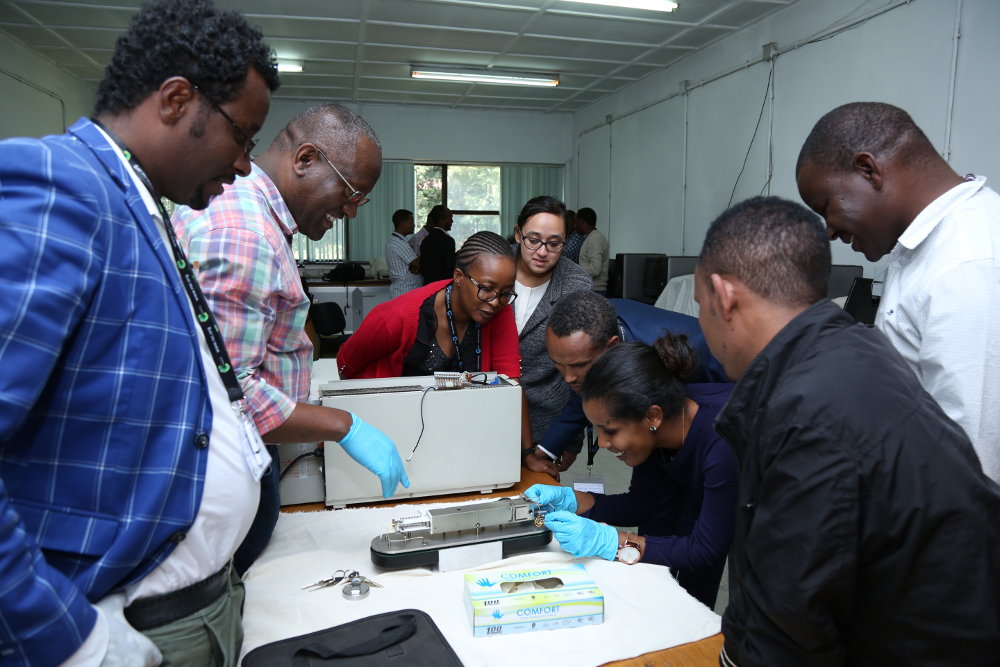
Who we are
FASC seeks to achieve its aim primarily through networking African chemical societies among themselves and with sister international and regional societies, as well as with international and regional initiatives that aim at the promotion of sustainable development in Africa.
was established on 23 February 2006 in Addis Ababa, Ethiopia. The founding ceremony was attended by representatives of a) African chemical societies such as the Chemical Societies of Ethiopia, Egypt, Nigeria, South Africa, Tunisia and African Association of Pure and Applied Chemistry, b) IUPAC, c) RSC, d) members of the Executive Committee of the Chemical Society of Ethiopia (CSE), e) members of the Organizing Committee of the 22nd Annual Congress of CSE and the founding of FASC, f) former presidents of CSE, heads of Chemistry Departments in Ethiopian universities, sponsors of the FASC-founding meetings and invited guests. The founding ceremony took place the day before the 22nd Annual Congress of the Chemical Society of Ethiopia got under way on the theme of Chemistry in Africa in the 21st Century. Various sectors of UNESCO, the International Science Programme, the Royal Society of Chemistry and the Addis Ababa University were among a host of partners that funded the participation of African chemists from outside Ethiopia over the three days.
- to promote and maintain effective communication throughout the community of chemists and chemical scientists in Africa.
- to promote collaborative activity among member societies and among the individual members of these societies.
- to maintain and promote high professional, educational and ethical standards.
- to disseminate chemical knowledge.
- to act in an advisory, consultative and representative capacity in relation to African institutions and regional initiatives.
- to promote cooperation with other international organizations and similar regional and international networks.
- FASC currently produces the African Journal of Chemical Education (Editor: Dr Engida, Ethiopia; temechegne@faschem.org)
- FASC has a General Assembly every two years that rotates around the African continent. The next one will be in Senegal in 2024
- FASC has a web site (currently being updated) to inform all of FASC activities
- FASC is a member of IUPAC
- FASC produces a monthly newsletter
- FASC, with the financial support of the RSC, supports young African chemists to attend conferences
- FASC members work closely with PACN
- FASC works with the RSC, ACS and IUPAC seeking support for African chemists
- FASC produced FRONTIERS IN CHEMISTRY – SPECIAL VOLUME ON AFRICA in 2022
Federation of African Societies of Chemistry
Conferences & Events
FASC Committees
Apply for Membership
Partners
FASC Executive Committee
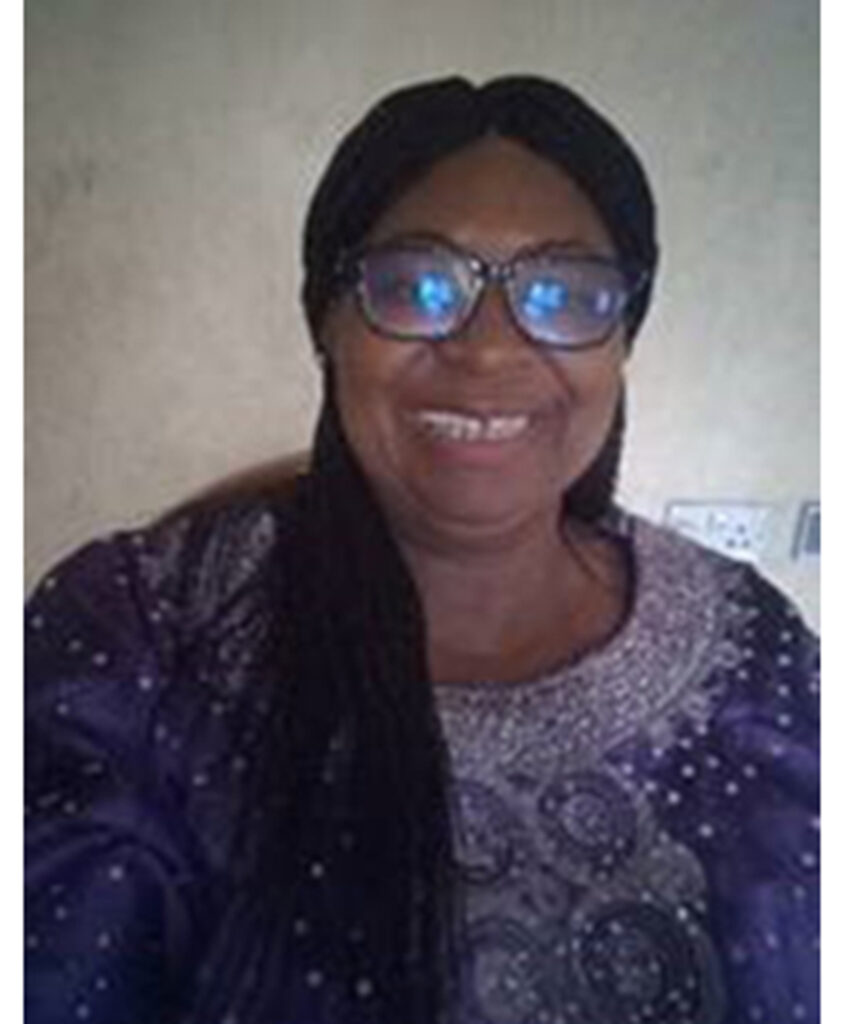
Prof Gloria Obuzor
(Nigeria)
Past-President
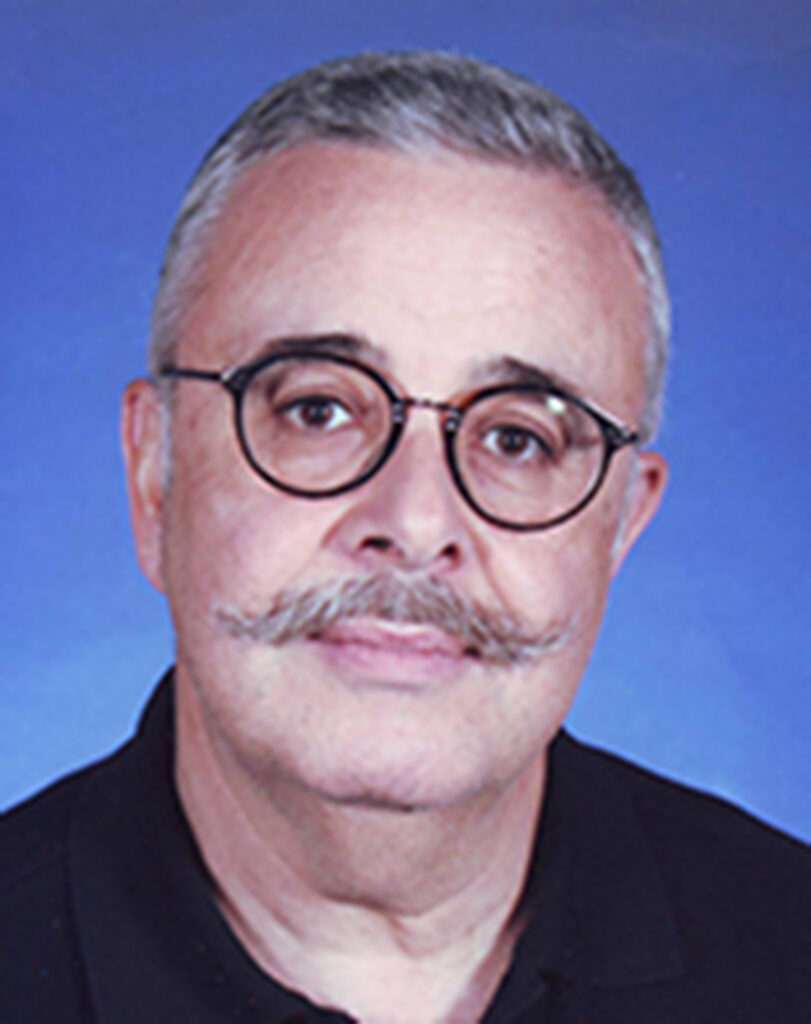
Prof Hatem Ben Romdhane
(Tunisia)
President
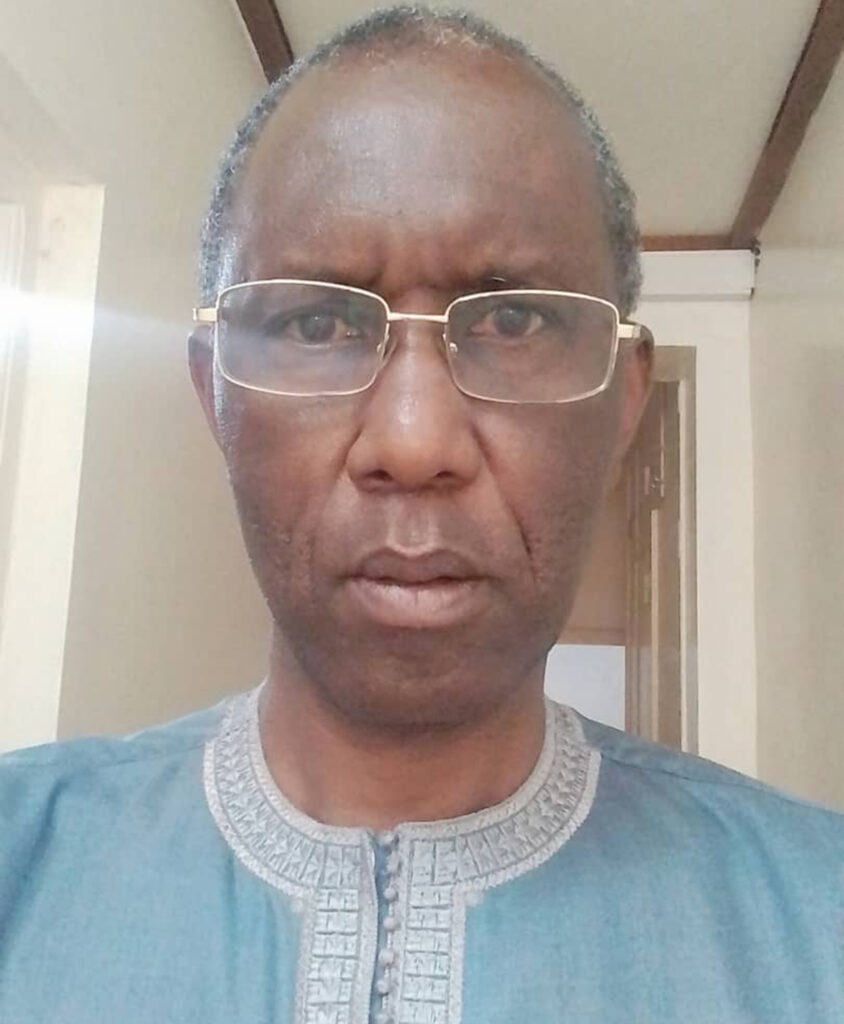
Prof Modou Fall
(Senegal)
Vice-President
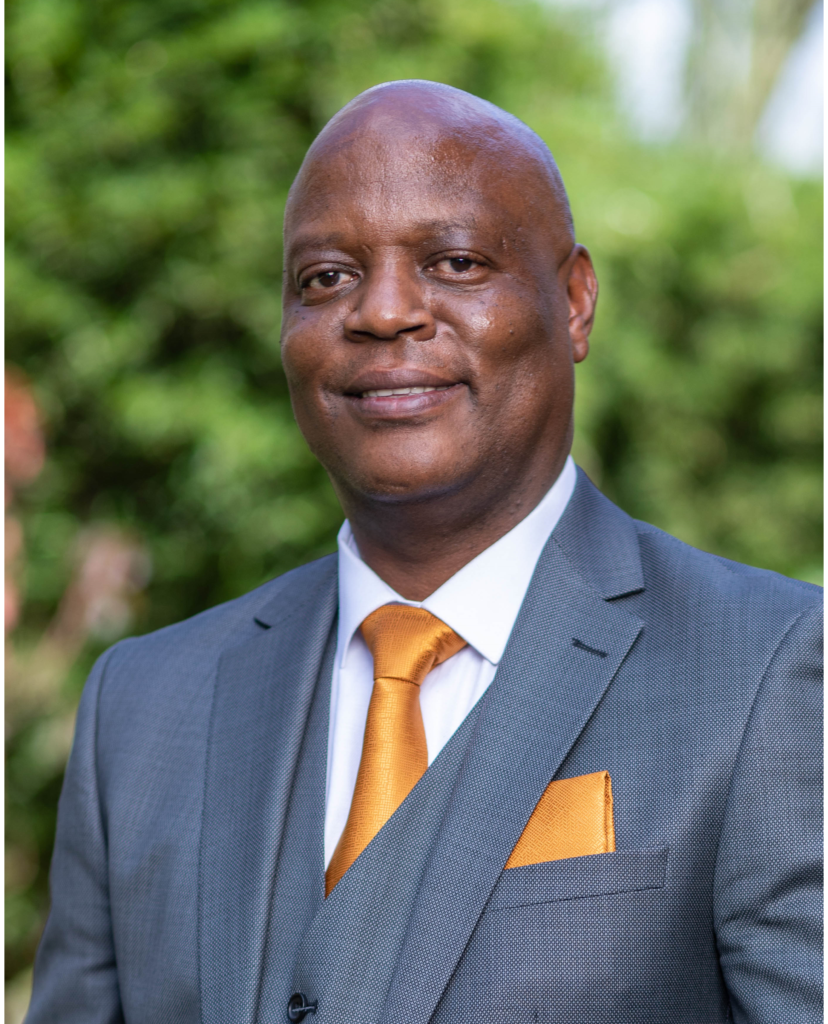
Prof Vincent Nyamori
(South Africa)
Treasurer
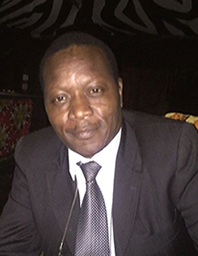
Dr Clarence Mgina
(Tanzania)
Secretary

Dr Lydia Rhyman
(Mauritius)
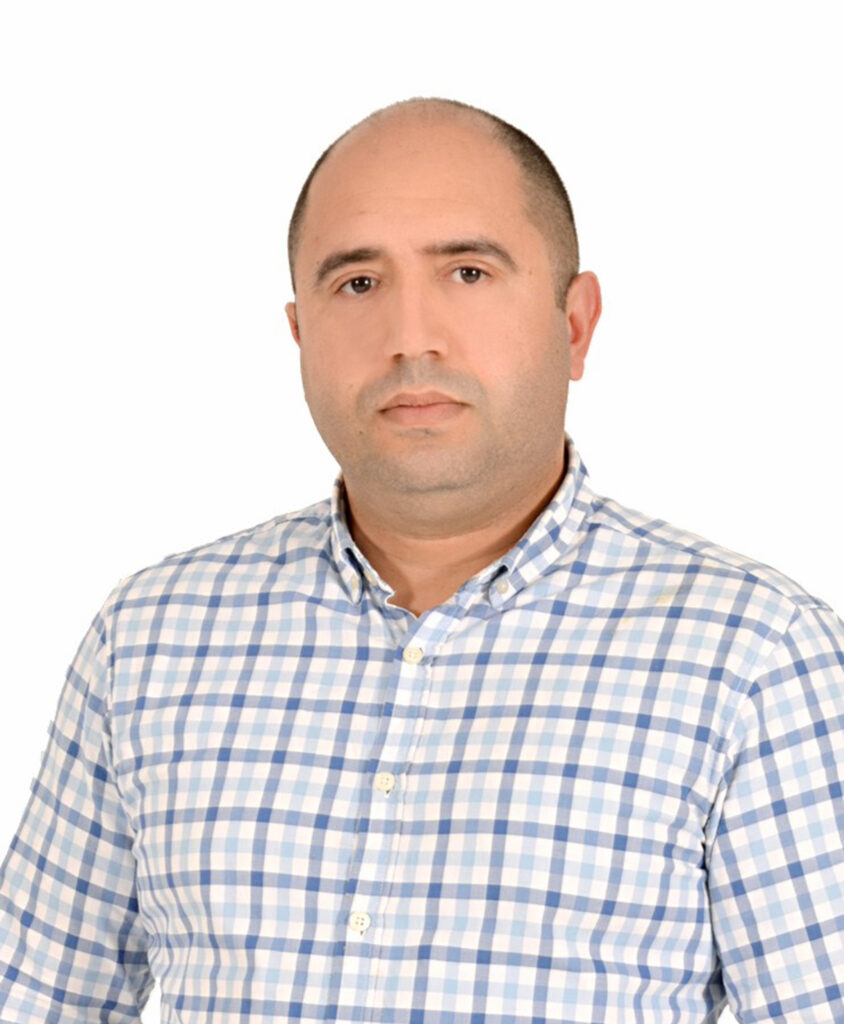
Dr Ezzahi Amine
(Morocco)
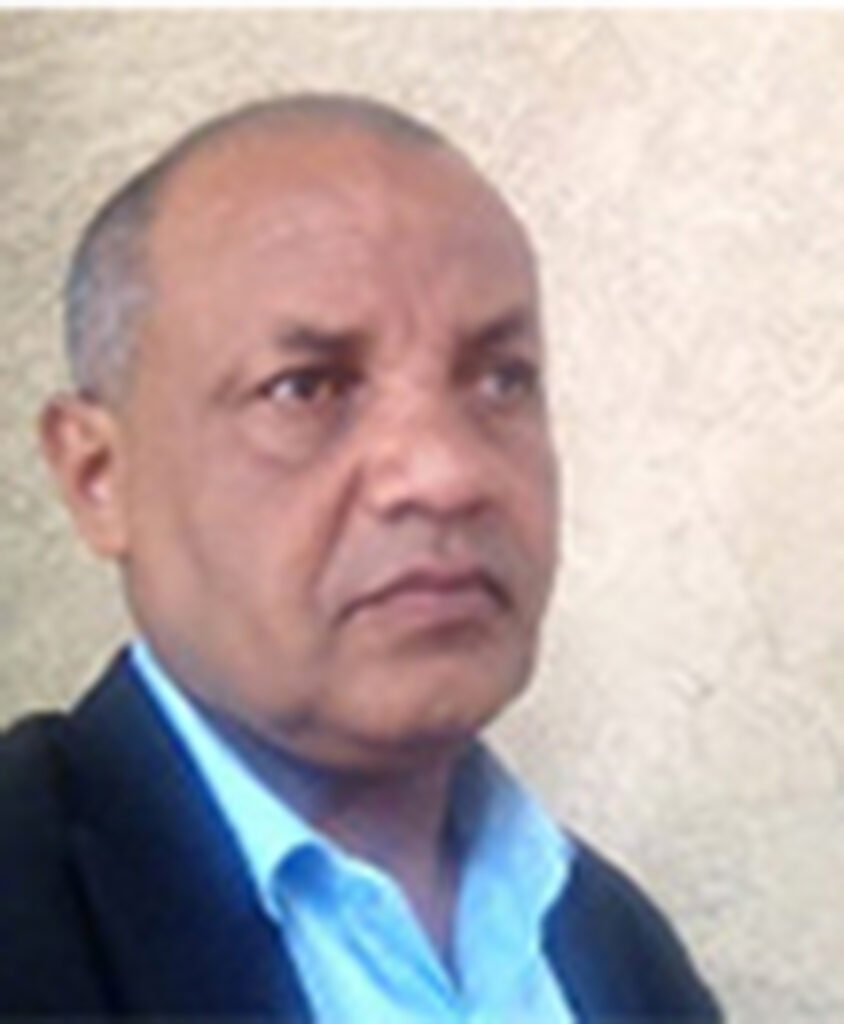
Dr Temechegn Engida
(Ethiopia)
Afr J Chem Ed (Editor)

Prof Neil Coville
(South Africa)
Newsletter
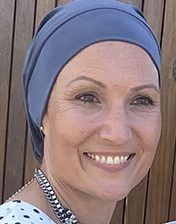
Ms Laila Smith
(South Africa)
FASC Office
Our Partners
THE FUTURE
- To become financially independent
- To grow the number of member countries
- To coordinate workshops/seminars within member countries
- To assist young African chemists in their careers
- To assist in the movement of researchers between African countries
- To provide a list of service providers for sample analysis in Africa


